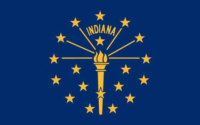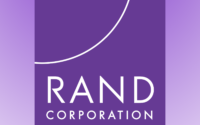
Indiana Virtual Schools Close Prematurely
The Indiana virtual schools facing closure within months appear to have closed immediately. Parents reaching out to the charters, Indiana Virtual School and Indiana Virtual Pathways Academy, are running into dead ends. The phone number posted on both schools’ websites leads to voice mailboxes that are full and no longer accepting messages. T. H. E. […]















